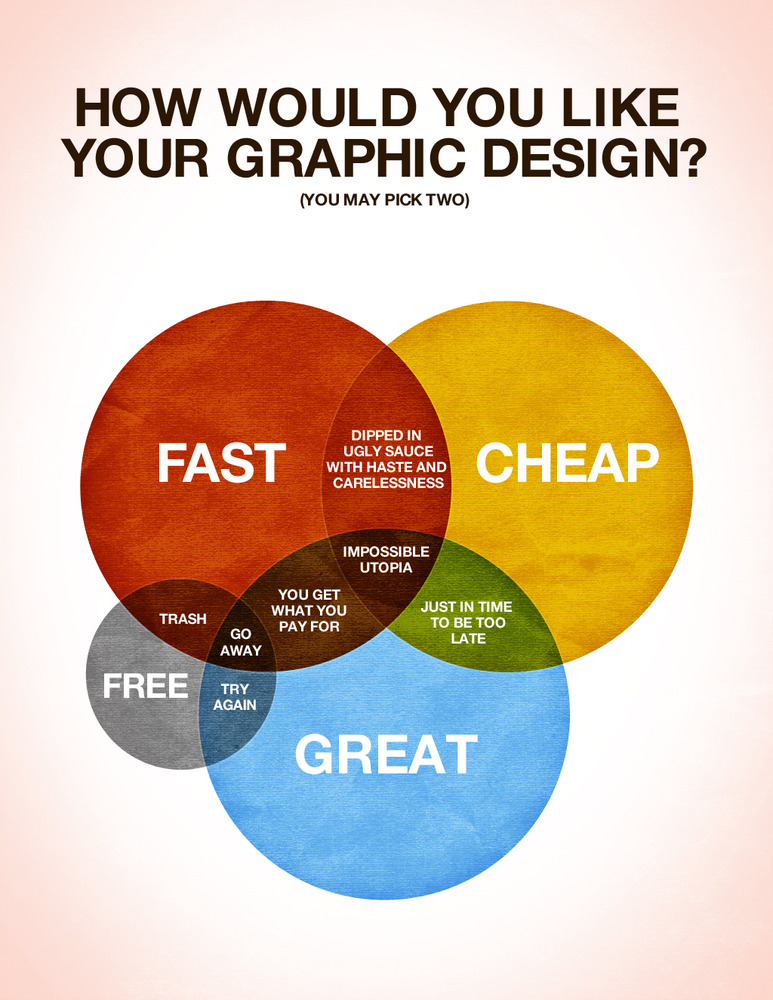My second event at the Royal Society for the encouragement of Arts, Manufactures and Commerce (my first was IP for Innovation and Growth) was a fascinating look at history of information monopolies and what they tell us about what might happen with the Internet – The Rise and Fall of Information Empires.
 Tim Wu a professor at Columbia Law School and author of the THE MASTER SWITCH, talked about the surprising recent discovery that Bell Labs, the research arm of American telephony monopoly AT&T, had invented magnetic tape in the 1930’s, but kept it secret. It was developed as part of a telephone answering machine, but it was felt that the technology was threat to the growing use of telephones. In particular AT&T had done research to show that two thirds of telephone calls contained obscene content, so customers would stop using them if they thought they were being recorded. How and Why AT&T Killed the First Answering Machine.
Tim Wu a professor at Columbia Law School and author of the THE MASTER SWITCH, talked about the surprising recent discovery that Bell Labs, the research arm of American telephony monopoly AT&T, had invented magnetic tape in the 1930’s, but kept it secret. It was developed as part of a telephone answering machine, but it was felt that the technology was threat to the growing use of telephones. In particular AT&T had done research to show that two thirds of telephone calls contained obscene content, so customers would stop using them if they thought they were being recorded. How and Why AT&T Killed the First Answering Machine.
At that time AT&T was the largest corporation in the world, and wanted to protect its position.
The point Tim was making was how quickly a company that was in the vanguard of introducing a revolutionary new technology, changes into a monopoly that strangles innovation it sees as a threat to its business model.
Tim explained how each of the disruptive information technologies of the Telegraph, Radio and Television, went from being open and anarchic to monopolistic within a very few years.
In the case of telephony, the thousands of phone companies which appeared initially in the United States, developed into just one player AT&T, until till eventually broken up the US government.
Radio in the US, also started with hundreds of local independent stations, but by the mid-1930’s had consolidated into just two big players.
So the question to be asked is this an inevitable part of capitalism (economic destiny), or is there something intrinsically different about the Internet which will prevent this from happening?
Certainly the origins of the Internet are different from its forebears. It was created from the outset to be resistant to central control (to be able to continue working through a nuclear war).
The technology of the internet means that new developments are constantly appearing (the first Twitter message was only sent on 21 March 2006). So this should prevent the developments of monopolies. For example MySpace has seen a mass migration of users over to Facebook.
However, there is plenty of evidence that history will repeat itself, and monopolies arise.
The simple laws of economics mean that successful companies grow, initially organically, but later on by acquisition. Customers are either drawn into this larger entity or acquired as smaller competitors are bought up.
Human nature draws us to the most successful companies, as they usually provide a better, more reliable and consistent level of service.
So perhaps we are own worst enemy, as we create monopolies with our custom. Apple is an example of customers investing in products that make computing easier, more reliable and more attractive. Apple now dominate sales of MP3 players, online music through iTunes and more recently the tablet computer market with their iPad.
During question time Tim was asked if monopolies are such a bad thing?
He explained that the usually start off well from the customer perspective, but after five or ten years things start to decline. They become anti-competitive, smothering competition, by buying it out or lobbying government for protection.
The same could be said for dictators, who often start off with popular support, but resort to ever more draconian methods to cling on to power.
At the moment, most people still see Google as a good thing, but has a clear monopoly on search.
No mechanisms exist for removing monopolies when they go wrong.
So what are the warning signs?
Tim said we should watch for companies’ innovation versus their defence. When a company spends most of their time defending their position instead of innovating, then they have probably crossed over to the dark side.
Apple, Google and Facebook are currently the leading contenders for monopoly internet positions.
Sadly we have not evolved our thinking in how to deal with monopolies, (which will naturally continue to occur), in the way we have done in the political field.
There is a danger that we have moved into an era of power without responsibility.
One Facebook to rule the Internet – The Rise and Fall of Information Empires
My second event at the RSA (link to IP talk???) was a fascinating look at history of information monopolies and what they tell us about what might happen with the Internet.
Tim Wu (???) talked about the surprising recent discovery that Bell Labs, the research arm of American telephony monopoly AT&T, had invented magnetic tape in the 1930’s, but kept it secret. It was developed as part of a telephone answering machine, but it was felt that the technology was threat to the growing use of telephones. In particular AT&T had done research to show that two thirds of telephone calls contained obscene content, so customers would stop using them if they thought they were being recorded.
At that time AT&T was the larges corporation in the world, and wanted to protect its position.
The point Tim was making was how quickly a company that was in the vanguard of introducing a revolutionary new technology, changes into a monopoly that strangles innovation it sees as a threat to its business model.
Tim explained how each of the disruptive information technologies of the Telegraph, Radio and Television, went from being open and anarchic to monopolistic within a very few years.
In the case of telephony, the thousands of phone companies which appeared initially in the United States, developed into just one player AT&T, until till eventually broken up the US government.
Radio in the US, also started with hundreds of local independent stations, but by the mid-1930’s had consolidated into just two big players.
So the question to be asked is this an inevitable part of capitalism (economic destiny), or is there something intrinsically different about the Internet which will prevent this from happening?
Certainly the origins of the Internet are different from its forebears. It was created from the outset to be resistant to central control (to be able to continue working through a nuclear war).
The technology of the internet means that new developments are constantly appearing (the first Twitter message was only sent on 21 March 2006). So this should prevent the developments of monopolies. For example MySpace has seen a mass migration of users over to Facebook.
However, there is plenty of evidence that history will repeat itself, and monopolies arise.
The simple laws of economics mean that successful companies grow, initially organically, but later on by acquisition. Customers are either drawn into this larger entity or acquired as smaller competitors are bought up.
Human nature draws us to the most successful companies, as they usually provide a better, more reliable and consistent level of service.
So perhaps we are own worst enemy, as we create monopolies with our custom. Apple is an example of customers investing in products that make computing easier, more reliable and more attractive. Apple now dominate sales of MP3 players, online music through iTunes and more recently the tablet computer market with their iPad.
During question time Tim was asked if monopolies are such a bad thing?
He explained that the usually start off well from the customer perspective, but after five or ten years things start to decline. They become anti-competitive, smothering competition, by buying it out or lobbying government for protection.
The same could be said for dictators, who often start off with popular support, but resort to ever more draconian methods to cling on to power.
At the moment, most people still see Google as a good thing, but has a clear monopoly on search.
No mechanisms exist for removing monopolies when they go wrong.
So what are the warning signs?
Tim said we should watch for companies’ innovation versus their defence. When a company spends most of their time defending their position instead of innovating, then they have probably crossed over to the dark side.
Apple, Google and Facebook are currently the leading contenders for monopoly internet positions.
Sadly we have not evolved our thinking in how to deal with monopolies, (which will naturally continue to occur), in the way we have done in the political field.
There is a danger that we have moved into an era of power without responsibility.
 On Monday we had a presentation from James Newman and Iain Simons, co-authors of 100 Video Games, co-founders of Game City, and co-founders of the UK National Videogame Archive. And what an entertaining pair they made, switching seamlessly from slide to slide and from one to the other. They handled the great many enthusiastic interruptions from the very knowledgeable audience with patience and politeness.
On Monday we had a presentation from James Newman and Iain Simons, co-authors of 100 Video Games, co-founders of Game City, and co-founders of the UK National Videogame Archive. And what an entertaining pair they made, switching seamlessly from slide to slide and from one to the other. They handled the great many enthusiastic interruptions from the very knowledgeable audience with patience and politeness.


















